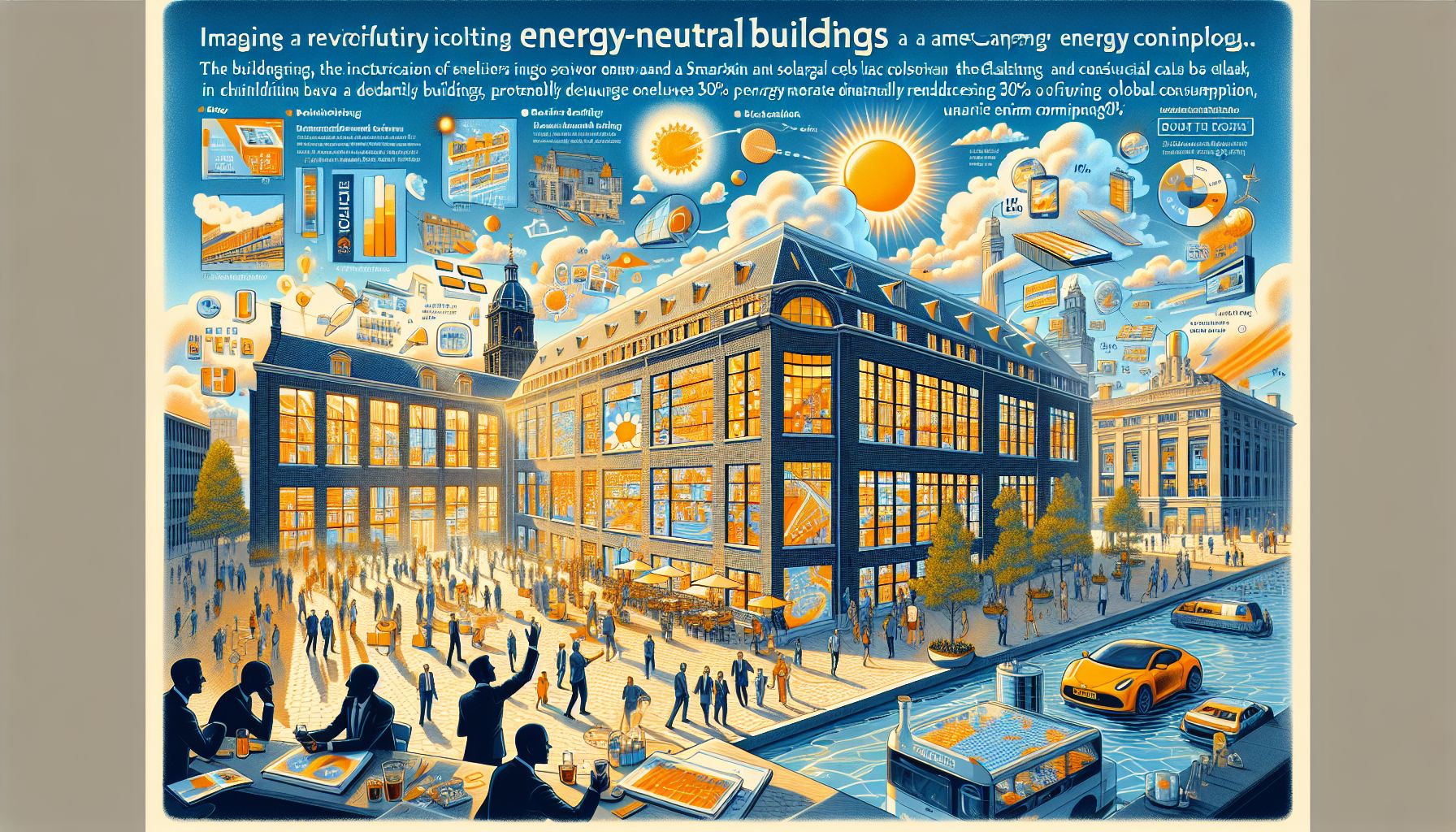PHYSEE: Pioneering Energy-Neutral Buildings with Smart Windows

Delft, Monday, 5 August 2024.
Delft-based PHYSEE is revolutionizing sustainable architecture with its innovative SmartSkin technology. By integrating sensors and solar cells into glass, PHYSEE enables buildings to dynamically manage energy, potentially reducing consumption by up to 30%. This groundbreaking approach not only contributes to flattening the climate curve but also addresses the significant energy footprint of commercial buildings, which account for 40% of global energy consumption.
The Rise of SmartSkin Technology
PHYSEE’s SmartSkin technology is a game-changer in the realm of sustainable building solutions. By embedding sensors and solar cells into window glass, SmartSkin allows buildings to harness solar energy while simultaneously collecting data on environmental conditions. This dual functionality enables real-time adjustments to lighting, heating, and cooling systems, optimizing energy use and significantly cutting down on energy waste.
Strategic Shift: From Hardware to Software
Initially focused on hardware, PHYSEE has pivoted towards a hardware-enabled software business model. This strategic shift was catalyzed during their participation in the Rise programme, a period marked by the global COVID-19 pandemic. The pandemic’s constraints necessitated digital business operations, which, according to CEO Ferdinand, presented unique opportunities for refining their business strategy. The new focus aims to expand PHYSEE’s installed base with project developers before rolling out comprehensive services to end-users.
Meeting Regulatory Mandates with Innovation
The company’s innovations align seamlessly with regulatory requirements such as the EU Green Deal and the Netherlands’ BENG regulations. The EU Green Deal mandates member countries to enhance the sustainability of commercial buildings, while the BENG regulations focus on reducing fossil fuel usage and increasing energy efficiency. By 2023, all commercial buildings in the Netherlands are required to achieve at least energy label C, a significant challenge given that 68,000 office buildings currently fall short of this standard. PHYSEE’s SmartSkin technology provides a viable solution for building owners to meet these stringent requirements.
Retrofitting: Challenges and Opportunities
Retrofitting existing buildings with SmartSkin technology presents both a challenge and an opportunity for PHYSEE. Ferdinand highlights that this approach allows real estate owners to upgrade their portfolios by replacing windows, thereby improving energy efficiency without substantial structural changes. Retrofitting not only helps in meeting regulatory standards but also enhances property value by reducing operational costs and improving sustainability credentials.
Securing Investment and Partnerships
To support its ambitious goals, PHYSEE has secured a €4 million investment and formed strategic partnerships with two major global glass manufacturers. These collaborations are crucial for scaling up production and expanding market reach. The partnerships also facilitate the integration of SmartSkin technology into a broader range of building projects, from commercial skyscrapers to residential complexes.
A Vision for the Future
Looking ahead, PHYSEE aims to continue its trajectory of innovation and market expansion. The company envisions a future where energy-neutral buildings become the norm rather than the exception. With global electricity demand projected to rise by 3.4% annually through 2026, the importance of integrating renewable energy solutions like SmartSkin cannot be overstated. As PHYSEE’s technology gains traction, it holds the promise of making a significant impact on global energy consumption patterns and contributing meaningfully to climate change mitigation efforts.

